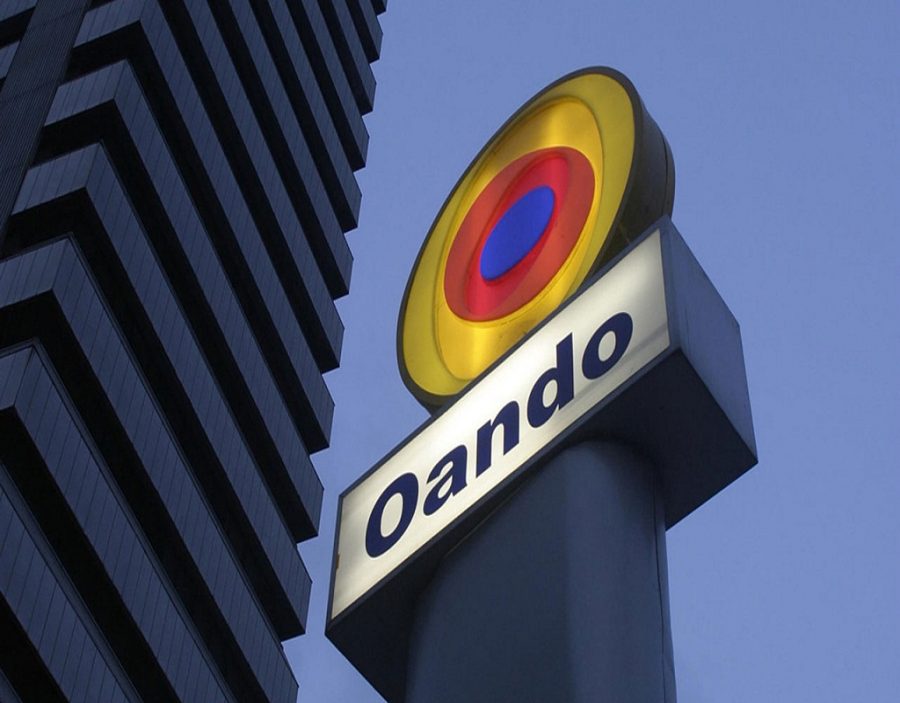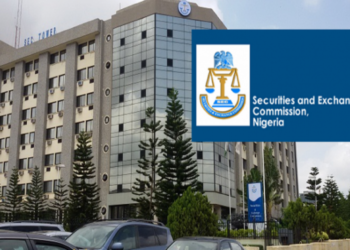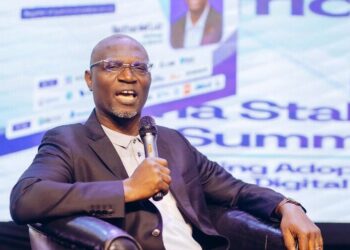On Thursday, February 25, 2021 in a ruling presided over by Justice Giwa Ogunbanjo at the Federal High Court, Abuja, the judge declined jurisdiction to hear suits brought by Oando PLC and its directors against the Securities and Exchange Commission (SEC). The judge stated that the Investment and Securities Tribunal (IST) would be the appropriate forum to hear the matter.
The basis for the Court’s decision is Section 36(2) of the Constitution which allows aggrieved individuals to first approach any tribunal or administrative agency to determine civil rights and obligations as long as that process and the resulting decision is not final. The Court also reiterated that the IST has primary jurisdiction over Oando and its directors in respect of capital market issues and not the Federal High Court.
In July 2017 it came to public attention that the SEC was investigating Oando PLC; a long drawn out investigation followed culminating in the notorious May 31, 2019 letter from SEC to Oando finding them guilty of a number of infractions and imposing stiff sanctions. In response Oando and some of its directors, filed suits against the regulator for not following due process and a breach of their human rights to fair hearing. In addition to filing suits against the regulator, Oando took out and was granted by the Federal High Court of Lagos an injunction restraining the SEC from executing any of the sanctions in its May 31, 2019 letter.
An Oando official has explained that as much as they respect the decision of the court, the battle is far from over as in their opinion, this is still very much a case for the judiciary and thus Oando has lodged an appeal with the courts in Abuja, contesting the court’s decision that the suits are best heard by the IST. The belief being that justice will only be served through the courts and not the IST as advised by the presiding judge.
The company and its affected directors argue that the powers conferred by the Constitution of the Federal Republic of Nigeria on its citizens to enforce their fundamental rights supersedes the provisions of the Investment and Securities Act 2007.
They have also filed an application for stay of execution as well as an injunction pending appeal on the SEC’s May 31, 2019 letter to the Company, and as such the status quo that existed before today’s ruling remains unchanged meaning nearly 2 years on SEC’s hands are tied and they are still unable to implement sanctions imposed on the company or its directors. It begs the question at what point does the regulator decide to address this challenge in an alternative and more productive manner.
But Thursday’s ruling and Oando’s appeal is only the tip of the iceberg, 2021 has kicked off with shareholders weighing into this long drawn out battle. The shareholders have called on the SEC and Oando to settle the matter out of court, as the tussle continues to impact their investments. Some shareholders have gone as far as dragging both parties to court to seek an end to this impasse.
This month, various factions of Oando’s shareholders filed a case against the SEC in the persons of Alhaji Yakubu Gumel; Alhaji Kabiru Tambari, suing for himself and on behalf of the Sokoto Zone Shareholders Association; Tunde Badmus, suing for himself and for the benefits of Pacesetters Shareholders Association, at the Federal High Court Kano.
The shareholders filed for an interim order restraining SEC its agents or representatives from acting on its May 31, 2019 letter sanctioning the Management of Oando. The orders were granted on Friday, February 19, 2021 and present in court were lawyers for both SEC and the shareholders. The order restrains the SEC, its agents or anyone acting on behalf of the commission from disturbing or meddling with the affairs, management and activities of Oando PLC. It also restrains the SEC’s purported interim Management from meddling in the administration and activities of the company as well as an order restraining SEC from interfering with the shareholder’s exercise and performance of their statutory powers and duties as shareholders.
Alhaji Tambari Kabiru, one of the applicants, an Oando shareholder since 1991 explained why he decided to sue the apex regulator. He said “I’m not happy with the current state of my investment. I invested my money heavily with the hopes of capital appreciation and this has not been the case. This SEC and Oando case is affecting the value of our investment, it isn’t appreciating, instead it gets worse each year. For over two years now we have been totally in the dark on our investment in Oando. Where in the world is this done? Oando’s shares would have appreciated greatly if this issue wasn’t hovering over our heads. Year on year, our investment has depreciated in value. We are tired! As a shareholder I am strongly behind the Management of Oando. Not everyone can withstand the backlash this crisis has put the Management through these past four years and still remain committed to doing the job. We have reached out to the SEC and appealed for a resolution, but they haven’t listened to us, that’s why we’ve taken this matter to court.”
The court hearing between the SEC and aggrieved shareholders in Kano has been adjourned to March 17, where it is hoped a favorable ruling will be delivered by the court.
Amidst all of this was good news for one shareholder. On Tuesday, February 23, 2021 there was a court ruling in favor of an Oando shareholder Engr. Patrick Ajidua. He had challenged the regulator in a suit filed at the High Court of the FCT. He had challenged the SECs right to prevent the convening of an Annual General Meeting as a breach of his right to freedom of association.
In a hearing presided by Honorable Justice O. A Musa, all cases filed were granted in favor of Engr. Patrick. In summary the judge declared that the May 31, 2019 letter of SEC to Oando sanctioning its management, as unconstitutional, null and void and violation of Engr. Patrick’s fundamental right to fair hearing and his human right to receive information on the affairs of Oando and his interest and shares in Oando and more importantly instituted that within 90 days of the ruling Oando must convene an AGM for her shareholders.
The Securities and Exchange Commission (SEC) has denied the claim by Engr Patrick Ajudua, that he won a court case against the capital market apex regulator. SEC disclosed in a statement it issued on Wednesday, February 24, 2021 that there was never a time it was served with court processes with respect to the purported matter at the FCT High court.
It stated, “The attention of the Securities and Exchange Commission (the Commission) has been drawn to several publications in the media, where it is reported that a shareholder of Oando PLC, purportedly obtained a judgment from the Federal Capital Territory High Court against the Commission. The Commission wishes to inform the general public that it was never at any time served with court processes with respect to the purported matter at the FCT High court. The Commission will consequently take all necessary steps to verify and set aside the purported decision of the said Court.”
This denial is a clear affront to the Nigerian judiciary, implying that Honorable Justice O. A Musa who presided over the case made a judgement without giving SEC the opportunity to defend itself. This is contrary to court documents that have been sighted which indicate that SEC was served processes but did not appear in court. Once again it seems the regulator is indifferent to shareholder investments or the sentiments of the capital market and will doggedly continue to fight Oando PLC.





















